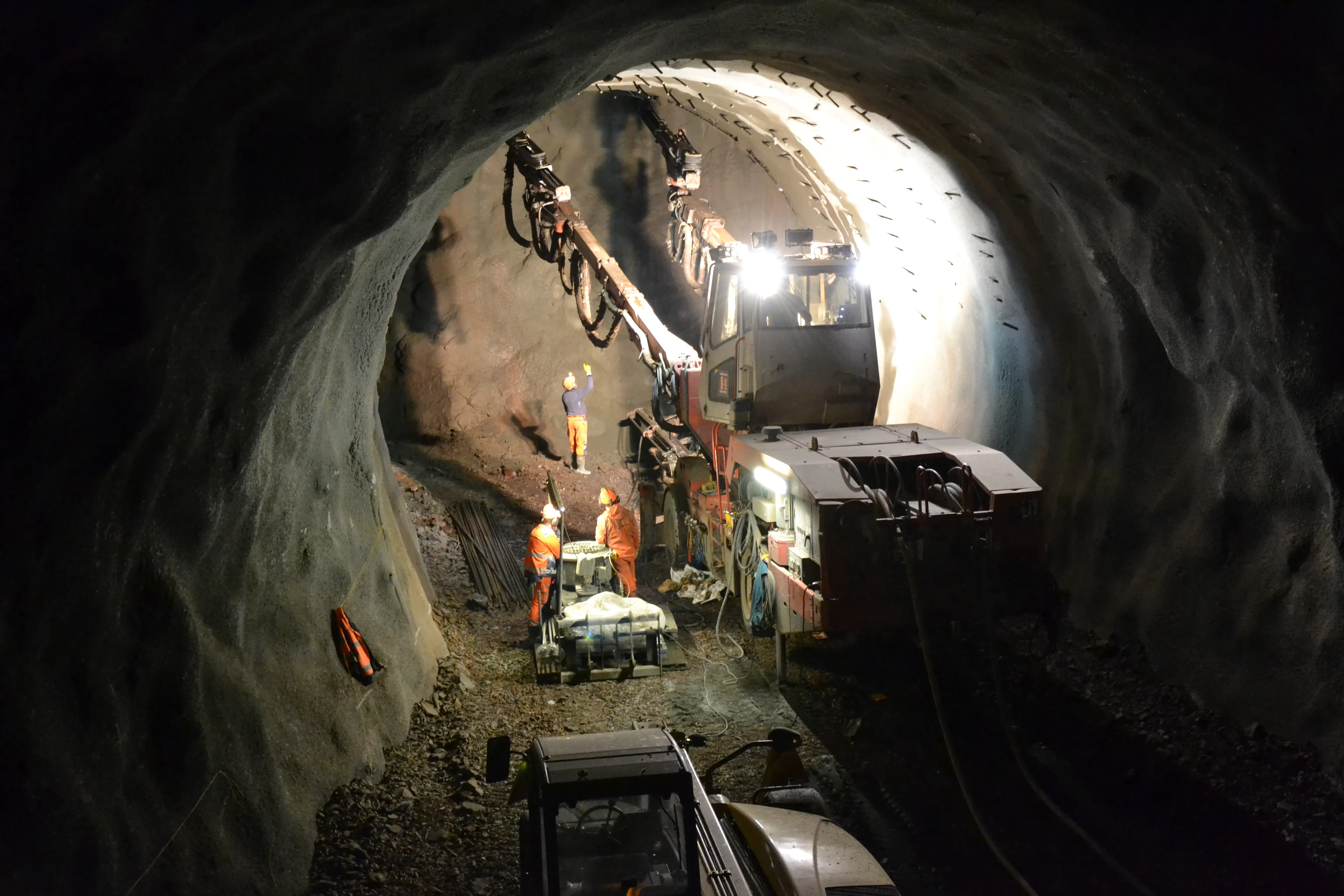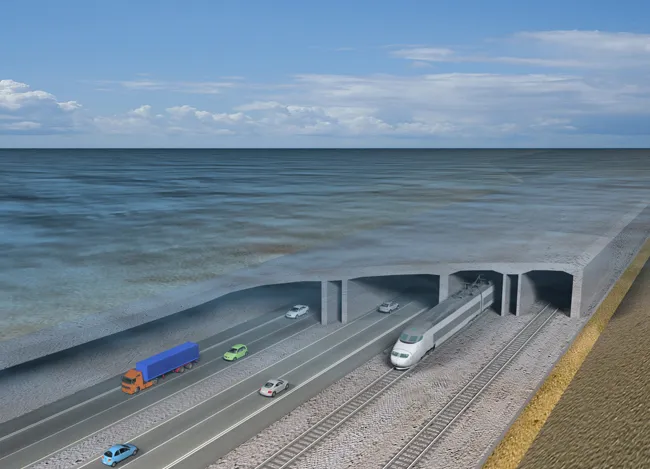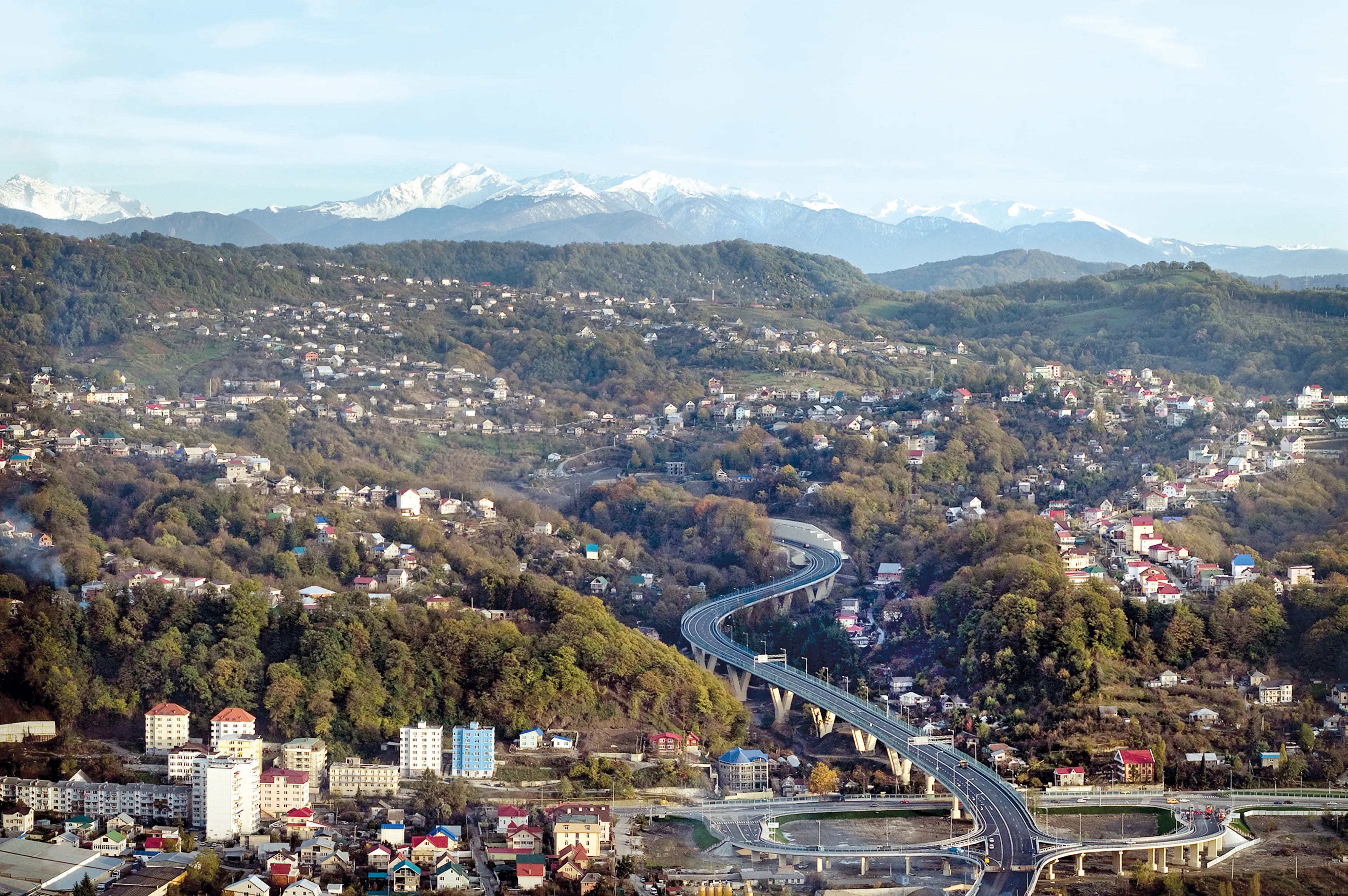
Iceland has opened its longest tunnel, a 7.9km structure between Neskaupstaður and Eskifjörður, to replace a mountain road often closed during winter storms.
Construction of the Norðfjarðargöng tunnel on Route 92 in eastern Iceland started in 2013 and has cost just over €118 million. Tunneling, done using the traditional Nordic drill and blast method, was finished in 2015.
The the two-lane Norðfjarðargöng tunnel replaces a smaller tunnel, the 640m Oddsskarðsgöng tunnel, a single-lane structure where cars had to pull over at designated stretches to allow oncoming vehicles to pass.
The contractor is a consortium of the Czech-based Metrostav Group and local company Suðurverk. The client is the Icelandic government agency Vegagerðin, the Road and Coastal Administration.
Metrostav has worked in the area before, completing the Siglufjörður and Ólafsfjörður tunnels with a total length of nearly 11km.







